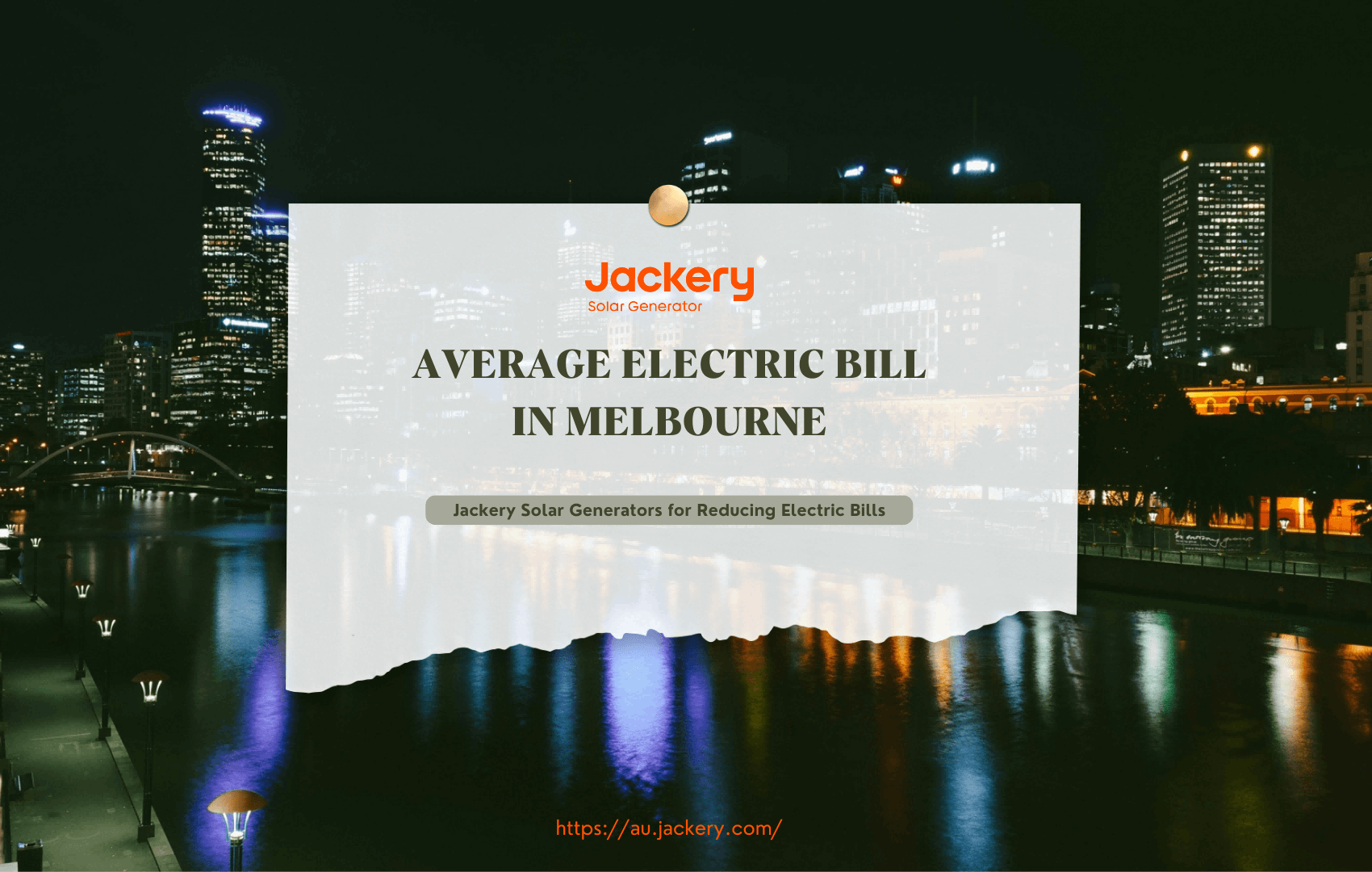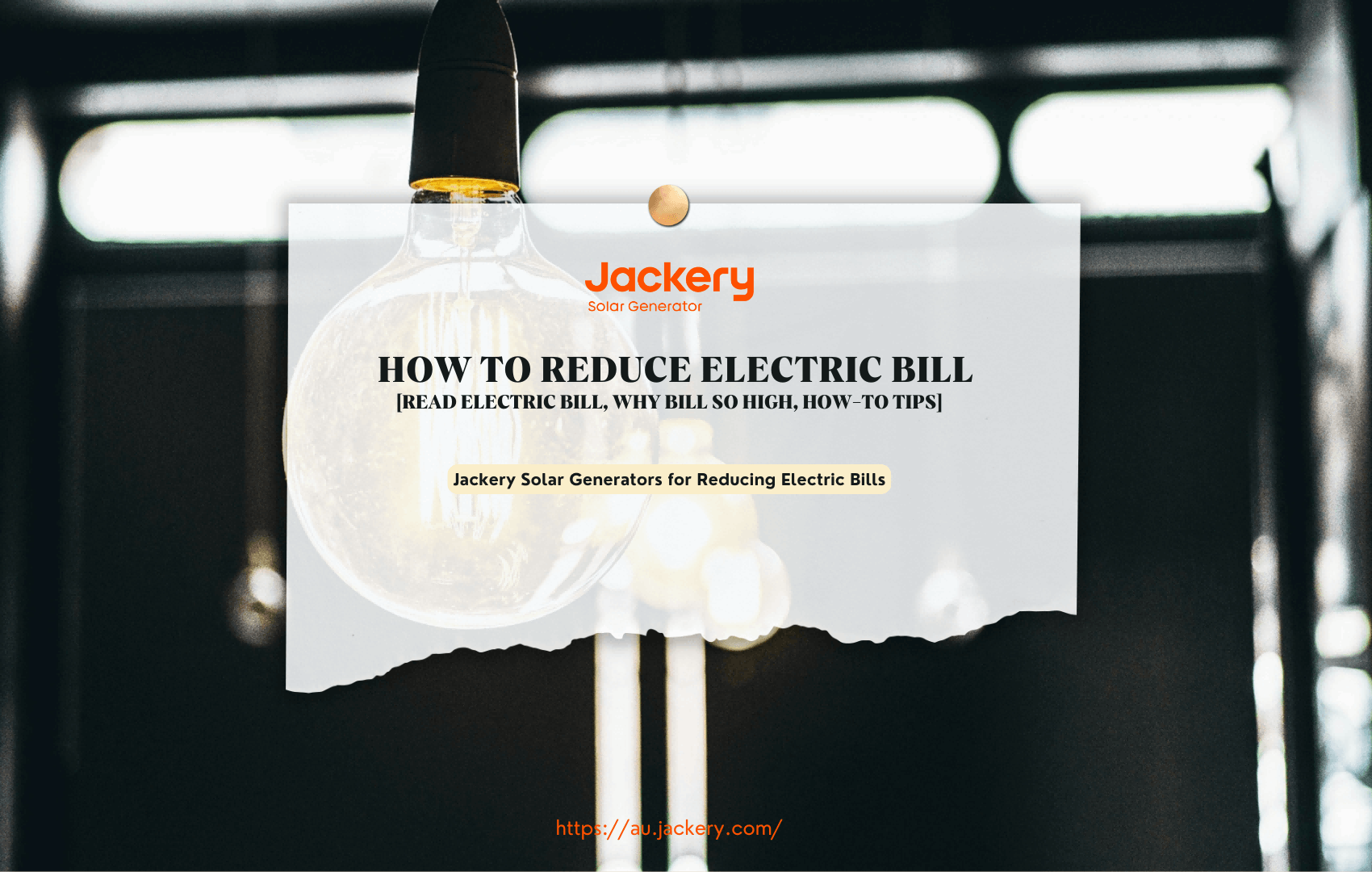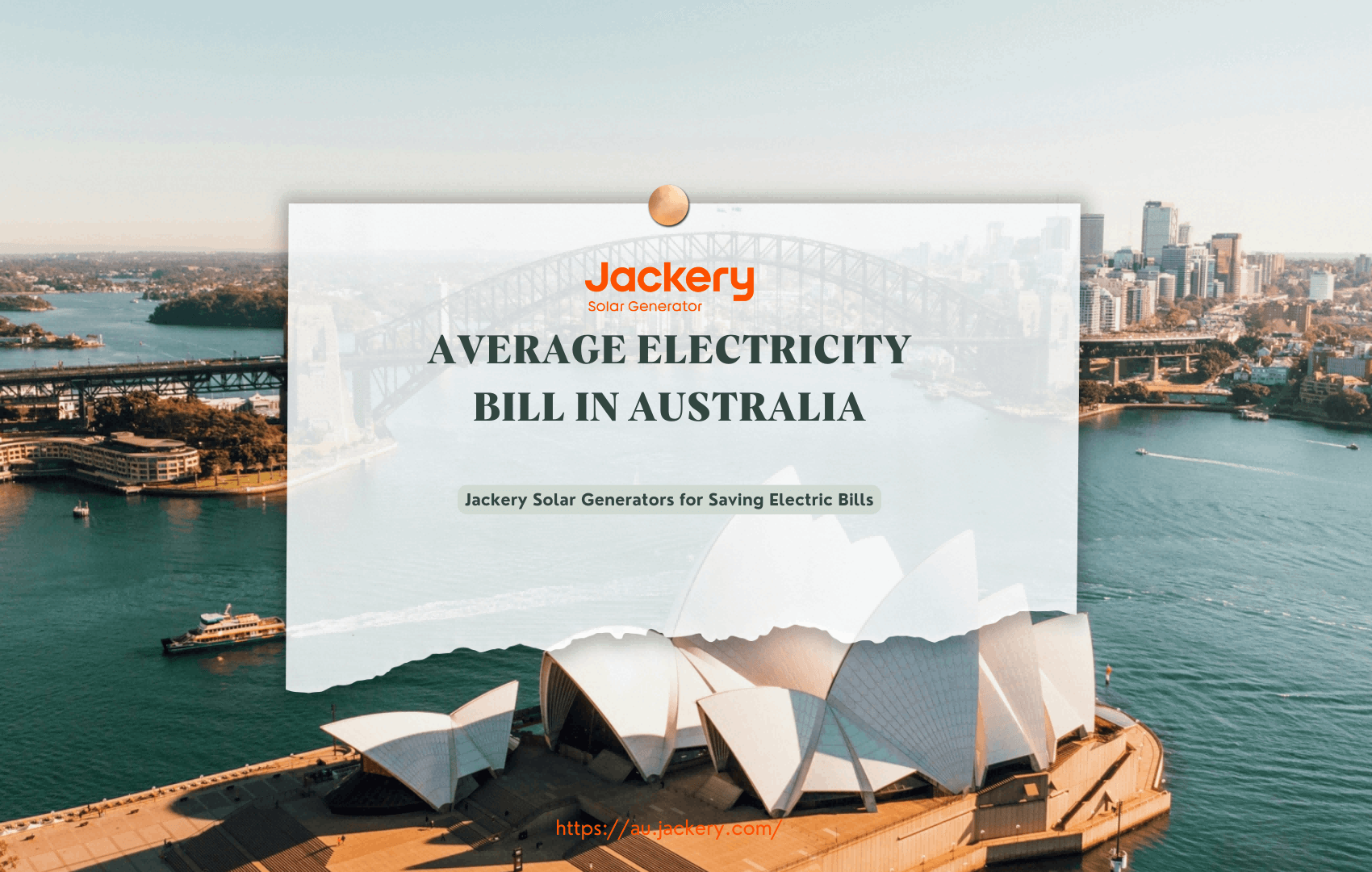|
Key Takeaways: |
|
• In 2022, that bill was $515.57. Excluding the COVID-19 economic relief period, there was a combined 20% increase in electricity rates within five consecutive periods. • Synergy is the biggest electricity provider in Perth, where you can choose single rate, flexing, or other cheap options. • You can learn about the cost of living in Perth if you want to live here. • There are six main tips to save your electricity bill: utilising energy-efficient appliances and guaranteeing the proper insulation and sealing. • We highly recommend Jackery Solar Generator 1000 Plus and 2000 Plus to reduce the electric bill significantly. |
What Is The Average Electric Bill in Perth?
An average home consuming 25 units daily in 2016 would have paid $426.27 per bill cycle. In 2022, that bill was $515.57. Excluding the COVID-19 economic relief period, within five consecutive periods, there was a combined 20% increase in Synergy electricity rates customers paid to the power company.
Based on this historical trend, Synergy electricity rates increased by an average of 3% yearly, not retracting.
However, past market trends don't factor in a global energy crisis and the rising costs of fossil fuels at expedited levels. Within Western Australia, the state government protects consumers from energy volatility through a state-owned energy provider(Synergy).
A scenario anticipated to change as local energy markets become subject to increased competition for a fair trade economy.
The energy cost varies from home to home based on location, population density, age distribution, solar power system installation status, and individual family usage patterns.
To help you evaluate how your power costs compare, we've utilised electricity use data from 2022 to compute the average electricity bill in Perth for various customer groups*.
Averages for Household Size*
Based on a typical billing cycle, we've estimated that the average power cost for Synergy users is approximately:
- $315 for lone individuals
- $333 for two people
- $368 for non-childless families with more than two people
- Families (homes with two adults and one or more children) should budget $350.
Averages for Age Groups*
Additionally, we discovered that, based on a typical billing cycle, the average power price varied depending on the age of our consumers and was:
- $290 for 20-year-old account holders, or 8% of all clients.
- $328 for clients, or 18% of the total, who had accounts in their 30s.
- $360 for account holders (18% of consumers) in their 40s.
- $350 for account holders, or 19% of consumers in their 50s.
- $312 for account holders (8% of all customers) between the ages of 60 and 64.
- $269 for account holders 65 or older, the oldest customer age group (26%).
Remember that these numbers are only suggestive and represent an overall average. Several elements affect the cost of electricity. These numbers serve as a helpful beginning point for comparing your power expenditures with our customers' comparable age or home size to your own.
Who Is The Biggest Electricity Provider In Perth
Concerning electricity, consumers in Perth have one main option for their residential needs: Synergy. This state-owned energy company is responsible for supplying electricity to over one million people in the Western Australia region, making it the largest electricity retailer in Perth.
Synergy offers two main pricing options for its customers: a 'single rate' or 'flexible pricing' plan. Let's examine these options to find the most cost-effective for Perth residents.

The Single Rate Plan
Under the single-rate plan, customers pay a flat rate for their electricity regardless of the time of day or how much they use. This plan best suits households with fairly consistent energy usage throughout the day and need to shift their electricity consumption to off-peak hours.
The benefit of this plan is its simplicity - customers only have to worry about paying one rate for their electricity usage. However, this plan may not be the most cost-effective for those with higher energy needs during peak hours, such as during the evening when appliances like dishwashers and washing machines are commonly used.
The Flexible Pricing Plan
Synergy's flexible pricing plan, known as 'time of use' pricing, offers customers different rates depending on the time of day they use electricity. This proposal aims to incentivise users to use less energy during off-peak hours when power costs are lower.
The flexible pricing plan is divided into three time periods: peak, shoulder, and off-peak. Peak hours are typically evening, shoulder hours are between peak and off-peak, and off-peak hours are during the night and early morning. Customers may reduce their power bills by using dishwashers and washing machines during off-peak hours.
However, it's important to note that the rates for peak and shoulder hours are higher than the single rate plan, so customers must be mindful of their energy usage during these times to truly see savings on their bills.
The Cheapest Option for Perth Residents
So, which plan is the cheapest for those living in Perth? It ultimately depends on your energy consumption habits.
The single-rate plan may be the most cost-effective choice if you have consistent and relatively low usage throughout the day. On the other hand, if you have a more flexible schedule and can shift your energy usage to off-peak hours, the flexible pricing plan may result in lower electricity bills.
Regardless of which plan customers choose, Synergy offers some of the cheapest electricity rates in Perth. This is partly because the business uses energy sources that are more cost-effective for customers, such as solar and wind power.
As the sole electricity retailer in Perth, Synergy offers both a single rate and flexible pricing plan for residential customers.
While the single rate plan may be more straightforward, the flexible pricing plan may lower electricity bills for those who can shift their energy usage to off-peak hours. However, regardless of your chosen plan, Synergy remains Perth's cheapest electricity option.
What Factors Affect Your Electricity Bill in Perth?
The average amount that homes spend to keep the lights on is reflected in their power bills, which are just that. Nonetheless, the two primary variables listed above affect the average electricity bill in Perth:
Electricity Usage: The power you consume is the primary element influencing your total bill. The time of year, the number of people living in the home, the kinds of equipment owned, and the demand for power within the family can all impact how much electricity a household uses and how much it costs.
Generally, a smaller home with two or three members uses less energy than a bigger household with four or five members. However, other factors, such as the energy efficiency of the appliances and how frequently they are used, can affect how much energy a house uses.
Appliances & Electricity Demand: Households with more energy-efficient appliances may have lower electricity bills and use than those with more significant operating expenses.
Electricity Prices: The cost of power is a significant additional aspect in calculating energy expenses. Naturally, your costs will be cheaper if you receive a good bargain on electricity than if the same household gets a lousy energy offer.
How Can You Reduce Your Electricity Bill
To lower electricity bills in Perth, choose LED lights and energy-efficient appliances. Make sure RCD safety switches are installed and distribute power points strategically.

Tip 1: Use Energy-Efficient Appliances
Purchasing energy-efficient appliances is the first step towards reducing your electricity costs in Perth. This is a practical and effective approach. Changing to LED lighting can save a lot of electricity. Installing RCD safety switches in your home also increases security and can help prevent electrical accidents. Positioning power outlets wisely can also help prevent overloading and the use of excessive power boards.
Tip 2: Proper Insulation and Sealing
It is crucial to properly seal and insulate your home to reduce electricity costs and enhance energy efficiency in Perth.
Effective insulation assists in maintaining a stable temperature within your house, reducing the strain on heating and cooling systems. Check for gaps and leaks around doors, windows, and vents, as sealing these areas prevents heat transfer, ultimately lowering your power bills.
Tip 3: Wisely Choose Electric Plans
One of the easiest ways to save money on your energy bill is to choose the right electricity provider and plan. The variety of electricity providers and plans in the electricity market gives consumers more choices and better services.
The difference in price between the most affordable and highest-priced power plans might amount to hundreds of dollars annually, based on your geographical location and typical energy consumption. However, the cheapest energy plan might only sometimes be the best for you, especially if other things are more important.
Sometimes, it's worth paying a little more for excellent customer service or cool extras. This could mean picking an energy company with a call centre in Australia, but consider what else is included.
Tip 4: Smart Thermostat Usage
Smart thermostat usage can significantly impact your electricity bills by effectively managing your home's temperature settings based on your preferences and schedule. A smart thermostat allows you to optimise energy usage, increasing energy efficiency and reducing electricity costs.
Check out the table below for some practical tips on maximising the benefits of your smart thermostat:
|
Smart Thermostat |
Tips |
|
Programmed Schedules |
Set specific temperature settings for different times of the day to avoid heating or cooling an empty house. |
|
Remote Access |
Adjust your home's temperature from anywhere using your smartphone, ensuring energy isn't wasted while away. |
|
Energy Usage Reports |
Keep an eye on your patterns of energy use to find places where you might increase efficiency even further. |
|
Temperature Sensors |
Utilise sensors in different rooms to regulate temperature based on occupancy, avoiding unnecessary heating or cooling. |
Tip 5: Behaviour Modification for Savings
For effective cost-saving strategies on electricity bills, adopting behavioural changes in how we use energy can lead to significant financial benefits over time. To reduce electricity prices:
- Focus on enhancing energy efficiency by turning off lights and appliances when not in use.
- Implement power-saving practices like using natural light daily and adjusting thermostat settings to lower power consumption.
- Cost-saving strategies include washing clothes in cold water, air-drying laundry, and unplugging electronics when fully charged.
Tip 6: Invest in Solar Energy
Installing and using solar energy systems can provide long-term savings and environmental benefits for households looking to reduce their energy bills. With a solar energy system, most homes can better manage seasonal energy bill fluctuations and enjoy comfort without undue financial burdens.
Reducing your electricity price can be very easy if you use solar power. Buying energy from stores will be less necessary if you can make enough solar energy.

You could meet your lighting and heating needs by setting solar panels on the roof of your home or office. This will cost you a lot upfront but save you much money in the long run. However, if you think installing a solar panel system is costly, you may consider investing in a solar generator to use renewable energy at a reasonable price.
Solar generators, like Jackery Solar Generator, can be an environmentally friendly energy source to reduce energy consumption and lower household electricity bills. Solar investments in electricity can benefit from various incentives, rebates, and feed-in tariffs, increasing home value while saving energy.
Jackery Solar Generators for Reducing Electric Bills
Implementing a solar energy system in your residence provides numerous advantages. Jackery is a renowned manufacturer in the solar industry, focusing on producing top-notch solar equipment like solar generators, solar panels, and portable power stations.
Jackery Solar Generators offer a reliable and uninterrupted power supply for your household appliances to reduce your electricity bills in Perth.
In conjunction with Jackery Solar Panels, a Portable Power Station facilitates the efficient conversion and storage of more sunlight for future use. By having numerous output ports, you can charge multiple appliances at the same time.
|
Home Appliances |
Working Hours |
|
|
Solar Generator 1000 Plus |
Solar Generator 2000 Plus |
|
|
Refrigerator (750W) |
1.4-5.7H |
2.7-13.6H |
|
Lighting (25W) |
42.5-170H |
65.3-408H |
|
TV (60W) |
17.7-70.8H |
27.2-170H |
|
Phone (10W) |
106.3-425H |
163-1020H |
|
Stove (750W) |
1.4-5.7H |
2.2-13.6H |
Jackery Solar Generator 2000 Plus
Jackery has unveiled the Solar Generator 2000 Plus, a cutting-edge portable power solution with exceptional performance. Thanks to its substantial capacity and formidable power output, this device can sustain the operation of standard domestic appliances for several weeks and fulfil all the power needs associated with outdoor adventure or professional activity.
The Jackery Solar Generator 2000 Plus allows adding extra battery packs, which boosts the capacity from 2 kWh to a remarkable 12 kWh, thus enhancing the solar charging capabilities significantly. With the ability to be expanded to 3000W, this solar product offers a 30% higher rated power than other 2 kWh solar products available in the market.
The Explorer 2000 Plus is an industry's pioneering add-on battery pack that can be recharged using solar panels. This feature enhances versatility, improves charging efficiency, and reduces charging time.
The LiFePO4 battery, with its sophisticated technology, guarantees a lifespan of 10 years, even with daily usage limited to once per day. Jackery Solar Panels generate more energy over their lifespan due to their exceptional solar conversion efficiency, reaching up to 25%.

Jackery Solar Generator 1000 Plus
The Jackery Solar Generator 1000 Plus is the ideal portable power supply for home due to its exceptional output. It can aid in home backup, camping, off-grid living, home emergencies, and other circumstances. It is the all-in-one solar generator for your life due to its versatility and size.
Supports up to three additional battery packs, bringing the total capacity to 5kWh and providing 1-3 days of home backup power. A solar generator can power your medical equipment, communication devices, and everyday appliances at home, bringing both comfort and convenience.
Stay connected and keep critical devices running with reliable backup power, assuring safety and convenience in an emergency.
The Jackery Explorer 1000 Plus portable power station, with a 10-year lifespan and a Lithium Iron Phosphate (LiFePO4) battery, provides a consistent voltage and pure sine wave to ensure the safety of all your electrical gadgets. Additionally, the innovative ChargeShield technology and consistent power delivery avoid equipment damage.

Average Electric Bill in Perth FAQs
The following are the frequently asked questions about the average electric bill in Perth.
- Is energy cheaper in Western Australia?
The average power price in Washington is $64 per megawatt-hour, significantly less than that of the National Electricity Market (NEM) located on the East Coast. In the NEM, prices were an unprecedented $284 per megawatt-hour.
- How much does it cost to live in Perth?
The cost of living in Perth for a single person is $3,620 monthly and $43,440 annually. Perth living expenses for a family of 4 are $8,106 monthly and $97,272 annually. The average cost of living in Perth for students is $2,000 monthly and $24,000 annually.
There are various expense sources for the cost of living, including housing, food, transportation, utility and entertainment. The most considerable expense contributing to the cost of living in Perth will be your accommodation for single and family.
Prices rise incrementally the closer the property is to the central business district of Perth City, so you can expect things to gradually get more affordable as you move out from the inner city, particularly the north, except the coastal suburbs.
|
Cost |
Avg. Cost per Month for Student |
Avg. Cost per Month for Single |
Avg. Cost per Month for Family |
|
Housing & Rent |
$300-800 |
$1,600-1,700 |
$2,600-2,700 |
|
Food |
$690 |
$870 |
$2210 |
|
Transport |
$168 |
$385 |
$990 |
|
Utility |
$145 |
$200 |
$327 |
|
Entertainment |
$50-100 |
$100-200 |
$300-500 |
(Data Source: Livingcost.org)
Perth is a well-liked location for international students, which is understandable given that it has less expensive housing, cheaper transit, and lower total living expenditures than some of the other major cities in Australia and the rest of the world.
Perth is a convenient city, with free buses in the central business and leisure areas, capped prices, and a vast public transportation network that makes travelling around both economical and simple.
- Which state has the most expensive power in Australia?
South Australia (SA): SA has one distribution network – SA Power Networks. The average electricity rate for this network is 45.3c/kWh, making it the most expensive state for electricity in Australia. This is due to the high reliance on renewable energy sources in SA, which can be more costly to produce.
- How much is electricity per month in Perth?
Every two months, the power company will send you a bill for gas. The bill for a small two-bedroom, one-bathroom home is about $212, for a medium-sized four-bedroom, two-bathroom home is about $332, and for a big five-bedroom, three-bathroom home is about $491.
- How often is electricity billed in Perth?
You must get an electricity bill every 100 days and a gas bill every 105 days. However, despite exceptional circumstances, you should receive up to one monthly bill. While it is possible to request a modification in the frequency of bill delivery, it is essential to note that a store is not obligated to comply with such a request.
- Why is my electric bill so high all of a sudden in 2024?
If you use more energy than your base rate, you may have to pay more per kilowatt hour. This is one reason why your power bills may be so high. You might also have a high electric bill because you're wasting a lot of power. 35% of the home's energy is wasted.
Final Thoughts
In conclusion, examining the average electricity bill in Perth reveals a blend of influences shaping energy consumption patterns and costs in this dynamic city. Perth's electricity prices will likely keep going up and down as the city grows and changes to keep up with new technologies and environmental concerns. If you plan to live in Perth, this guide will significantly help you.

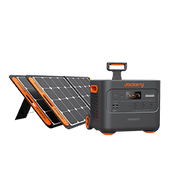
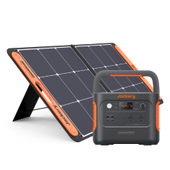
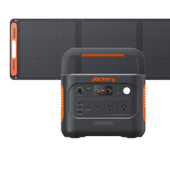
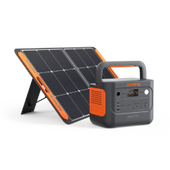
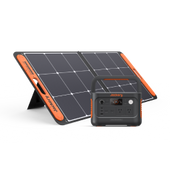

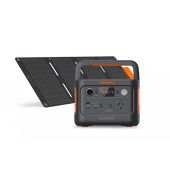
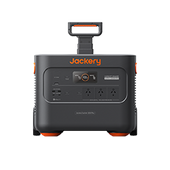
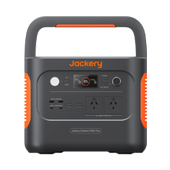
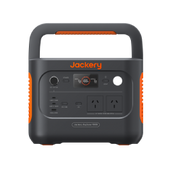
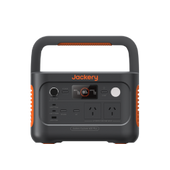
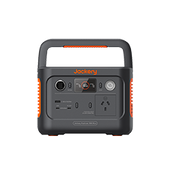
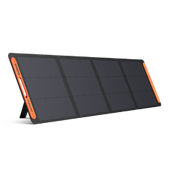
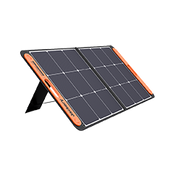


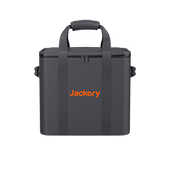
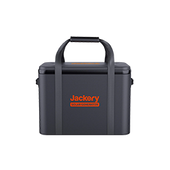
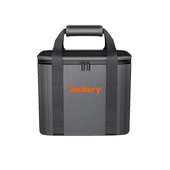










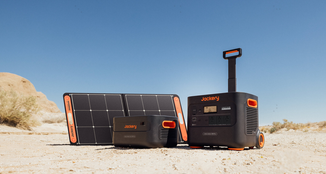






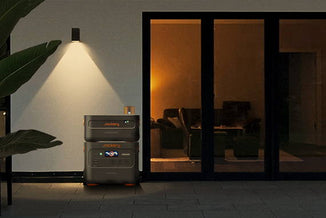



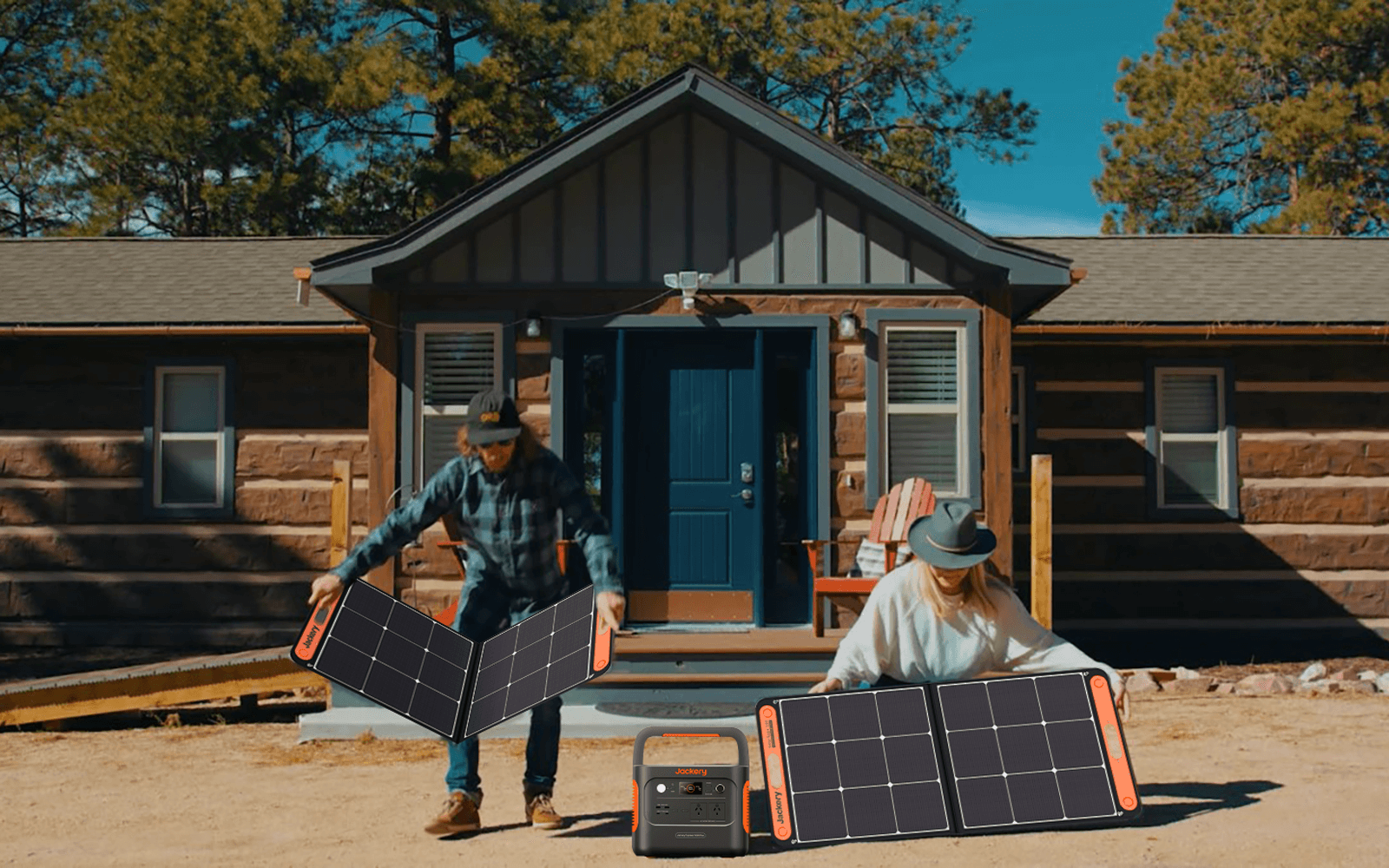
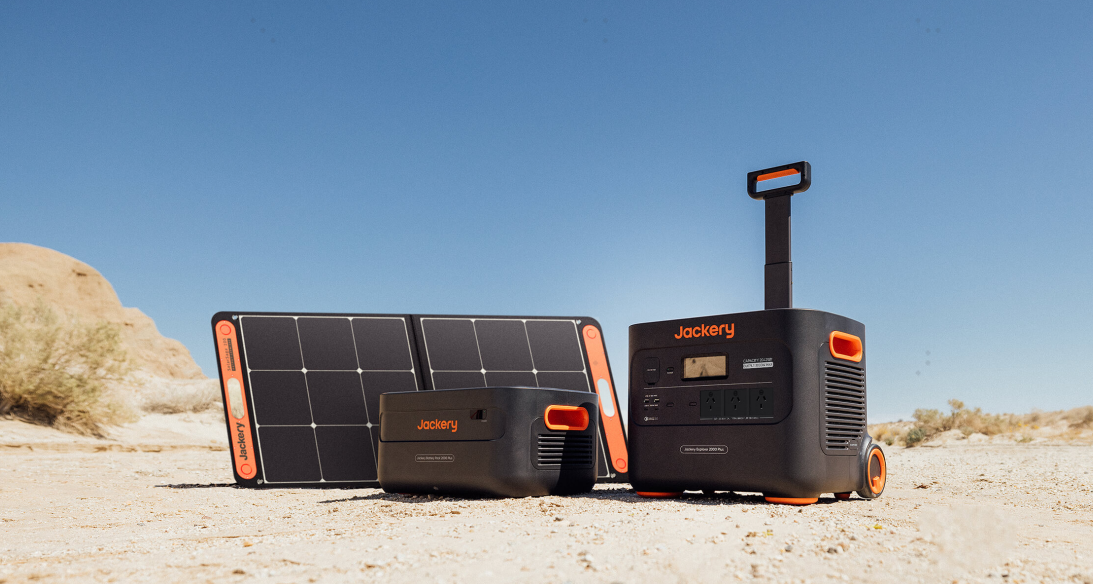



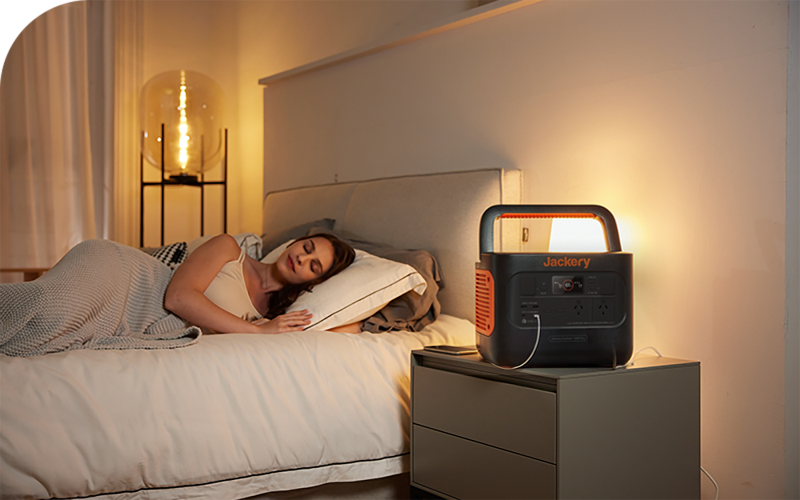
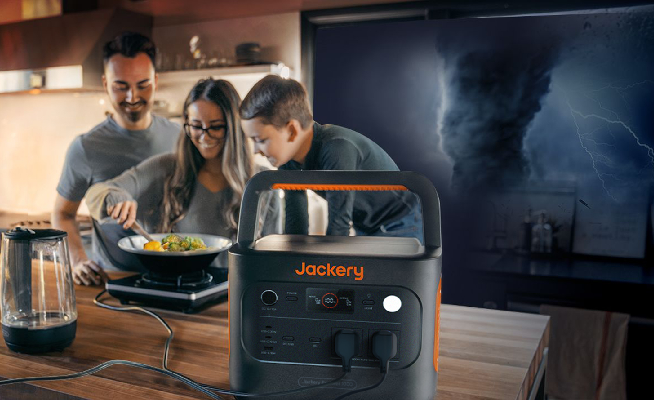

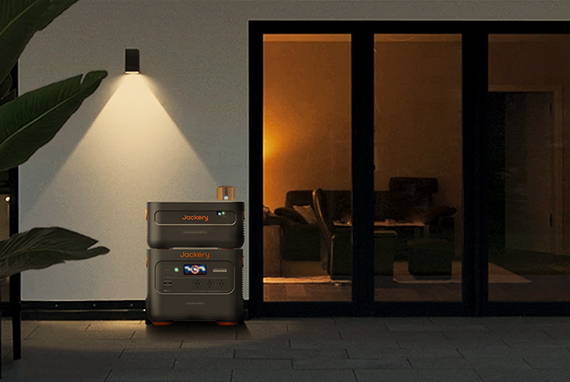

![What Is The Average Electricity Bill in Perth [2024 Guide]](http://au.jackery.com/cdn/shop/articles/average_electricity_bill_perth_guide.png?v=1727229345)




